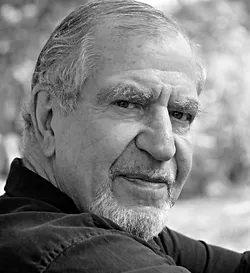David Kranes is a distinguished American author, playwright, and educator whose career spans several decades and encompasses multiple genres. His academic journey began at Bowdoin College, followed by a master’s degree in English from New York University, and culminated in a PhD in Fine Arts from Yale University Drama School.
Kranes has authored seven novels, including “Abracadabra” (2017) and “The National Tree” (2001), the latter of which was adapted into a Hallmark television film. His short fiction, collected in several anthologies such as “The Legend’s Daughter” (2013), has appeared in esteemed publications like Esquire and Ploughshares, earning literary prizes and widespread recognition.
In the realm of theater, Kranes has made a significant impact with over 50 plays to his name. His works have been performed across the United States, gracing stages from New York to Cincinnati, including prestigious venues like the Actors’ Theater of Louisville and Manhattan Theater Club. In 2010, a selection of his dramatic works was published as “Selected Plays.”
Kranes’ career in academia is equally notable. He joined the University of Utah in 1967 and taught for 34 years before retiring. During his tenure, he received numerous teaching accolades, including the prestigious University Professor Award. His influence extended beyond the classroom when he founded the Playwrights’ Lab at Robert Redford’s Sundance Institute, serving as its director for 14 years.
In 2015, Kranes was invited to recreate a national version of the Playwrights’ Lab for Salt Lake Acting Company, further cementing his legacy in nurturing new theatrical talent. His versatility as a writer is evident in his contributions to radio, film, and dance productions, as well as his foray into opera with “Orpheus Lex.”
Throughout his career, Kranes has been recognized not only for his creative output but also for his mentorship. He continues to guide aspiring writers, with recent mentoring sessions taking place as far afield as Provence, France. His enduring commitment to fostering new talent underscores his significant influence in both literary and theatrical communities.



